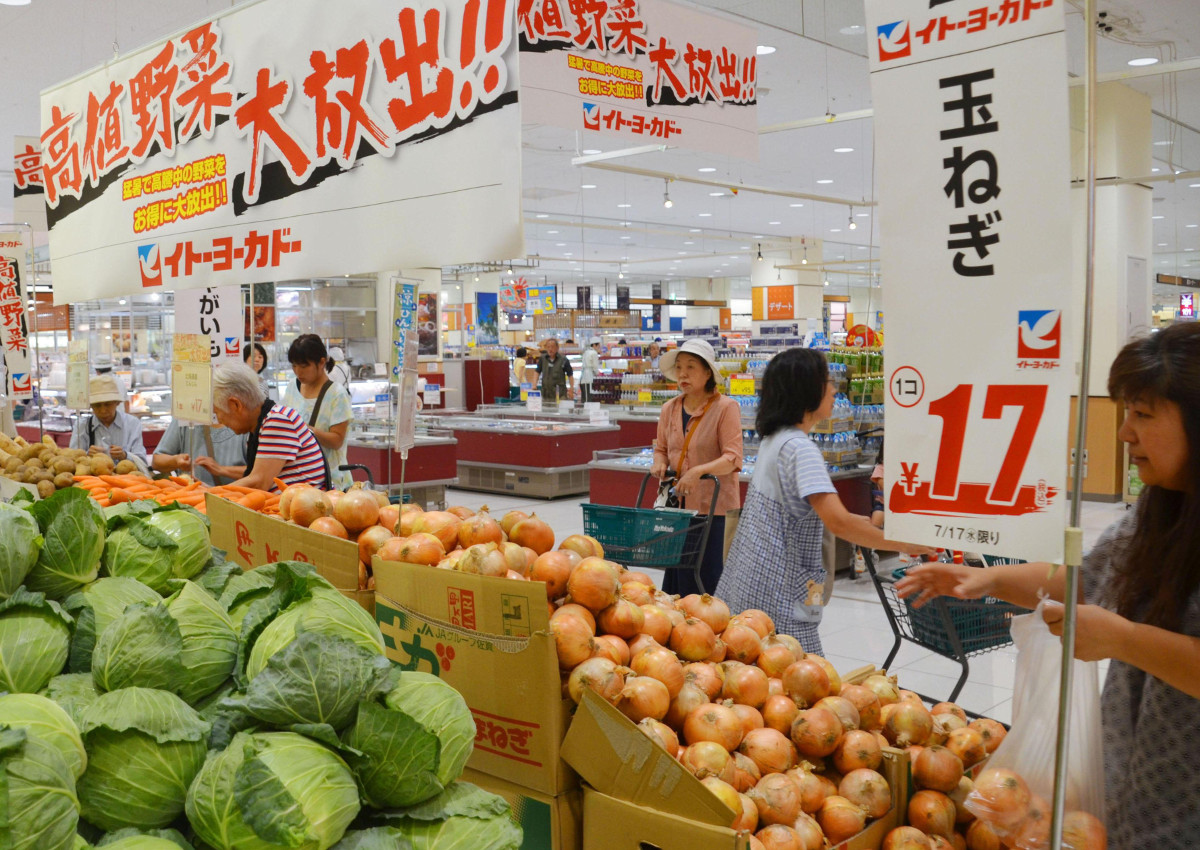
The Japanese chain Aeon is investing on a tailor-made approach for its senior clientele, and it is also working together with Barilla to promote Italian food. They manage an array of activities which range from financial services to retail, with at least 300 different national and global companies, employing over 520 thousand employees. It’s by no chance that they are the indisputable distribution leader in Japan who dominate their traditional shopping malls, standing next to shop signs of small and medium sized stores including Ministop chain stores with over five thousand points of sale. Among its top vendors is the private label Topvalu, who offer products that are created based on their clients’ opinions and comments. Their prices are 30% lower than other brands thanks to the economy of scale that originates from their size and the use of their own infrastructures. An example of this is Aeon Agri, as they manage their company owned farms and support the growth of the organic movement. This retailer has also recently placed a special focus on its targeted senior clients by organising original initiatives such as a morning in-store gym program for them. With their senior clients in mind they also intend to launch a chain of supermarkets dedicated to special offers on frozen foods, with the hopes of developing a promising market sector. The attention on Italian food is focused on in-store tastings or a dedicated corner of the shop set up with Italian products. The partnership with Barilla is in fact a step in this direction.
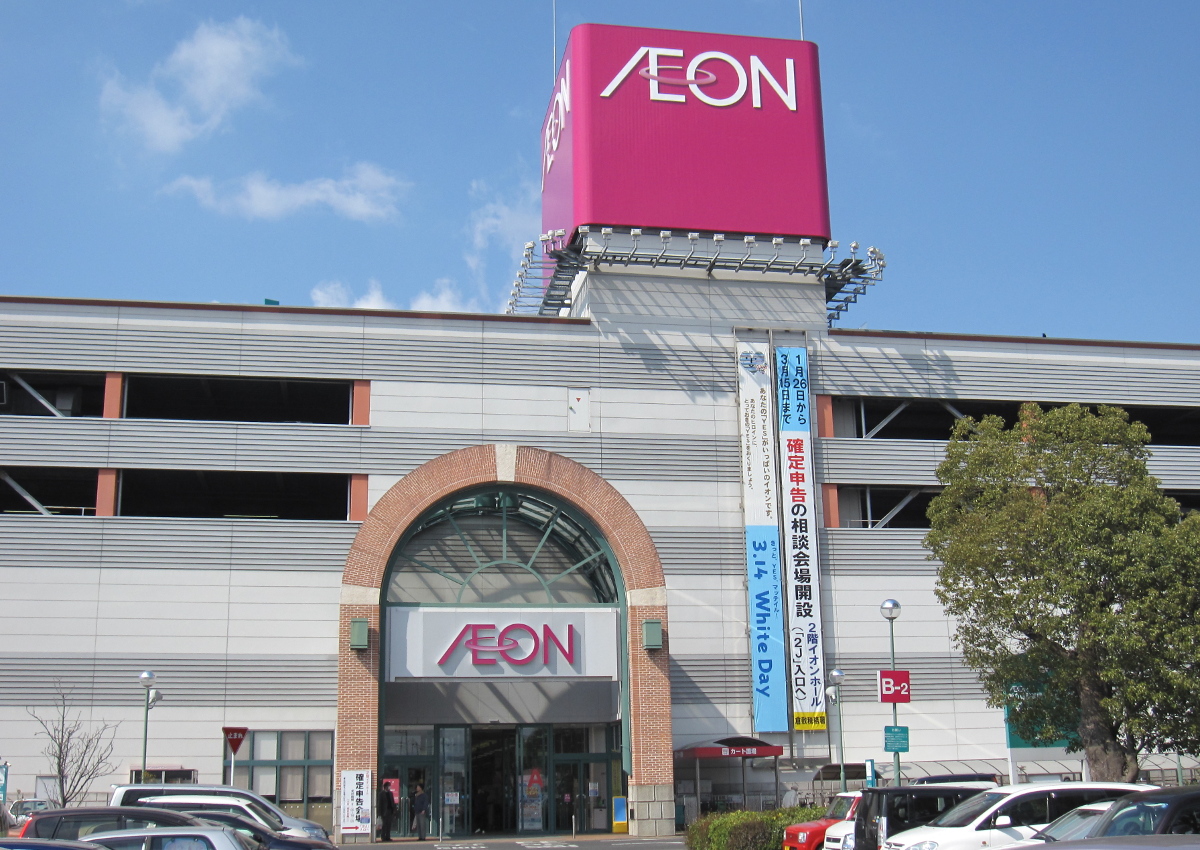
Don Quijote, the low-cost king
The brand points to competitive prices on an assortment of products in different categories. In this way they also appeal to many foreign tourists. The Japanese have nicknamed the company Donki, giving a sense as if it were part of the family. The discount chain, which owns nearly 360 stores around the country is working, after all, towards creating a shopping experience that is as simple and familiar as possible. They are doing this by offering a vast assortment: from food, clothing and sporting equipment to jewelry, electronics and even luxury items. Each store offers, on average, nearly 45 different items that are literally stacked into piles onto high shelves that have themselves become a trademark characteristic. What makes this retailer so popular though are obviously their low prices and the fact that most points of sale are open 24 hours a day. Although company policy is largely oriented towards local, national products which have made it an icon for foreign tourists that visit Japan, recent years have seen an increase in imported specialties.
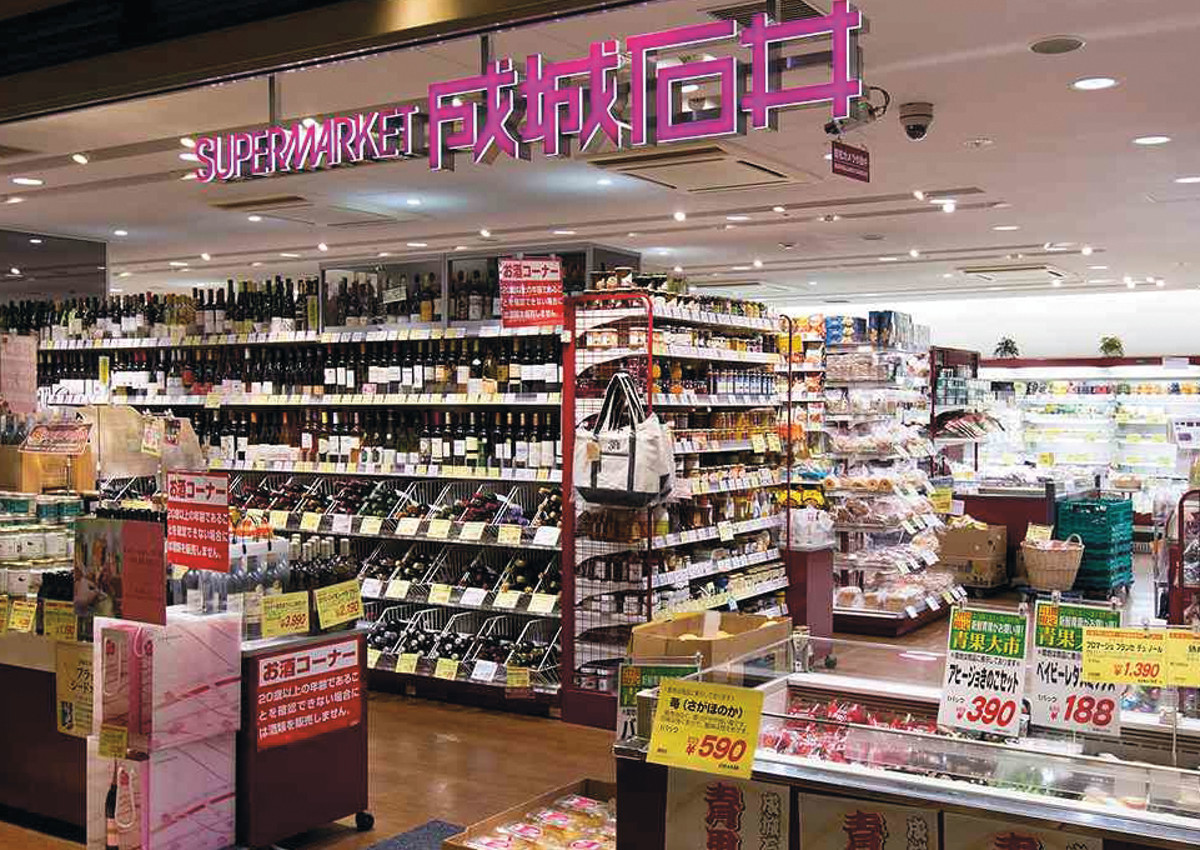
Seijo Ishii, the shopping experience before all else
High quality at affordable prices. That’s the motto of this high-end Japanese retail chain that just celebrated its 90th anniversary. The brand, owned by Lawson, has nearly 170 stores with 80 of them in the administrative district of Tokyo, often inside train stations or near major junctions within the city. It therefore distinguishes itself by its premium offering which includes many specialties from foreign countries thanks to strategic agreements with foreign suppliers and sellers. Among its many points of strength is the high attention placed on the shopping experience, in particular to the preparation of its sales staff. It isn’t by chance that they heavily invest in specialised training for its personnel, who therefore must be ready to advise clients on ingredients and recipes, especially with regards to imported products like wine, charcuterie, cheese and coffee. Many Italian food products stand out on the retailer’s shelves and are represented by various large brands as well as numerous regional excellencies. These range from olive oil from Garda to buffalo mozzarella from Campania, with a focus on Italian wines.
Takashimaya, more room for Italian wine
They are considered the Harrods of Japan for their capability of combining innovation and tradition and they can also attract millions of international tourists every year just like the large British retailer. The chain’s 18 stores are situated between Tokyo, Yokohama, Osaka and Kyoto and offer a myriad of products that range from clothing brands of high end fashion designers to wedding attire, and from silverware to electronics and food. A large number of the stores are laid out on various levels like the one in Shinjukue, for example, which is considered one of the largest shopping centers in the country with a total of 15 floors, the last three being dedicated to restaurants and bars. Furthermore, Takashimaya intends to inaugurate a 66,0000 square meter new store this year in Nihobashi, Tokyo’s financial district. As far as the food selection offered, Italian food specialties are well represented both inside the stores as well as in the restaurants. Italian pasta can be found in all of them while Italian wines are second only to the French ones and rely heavily on important promotional events.
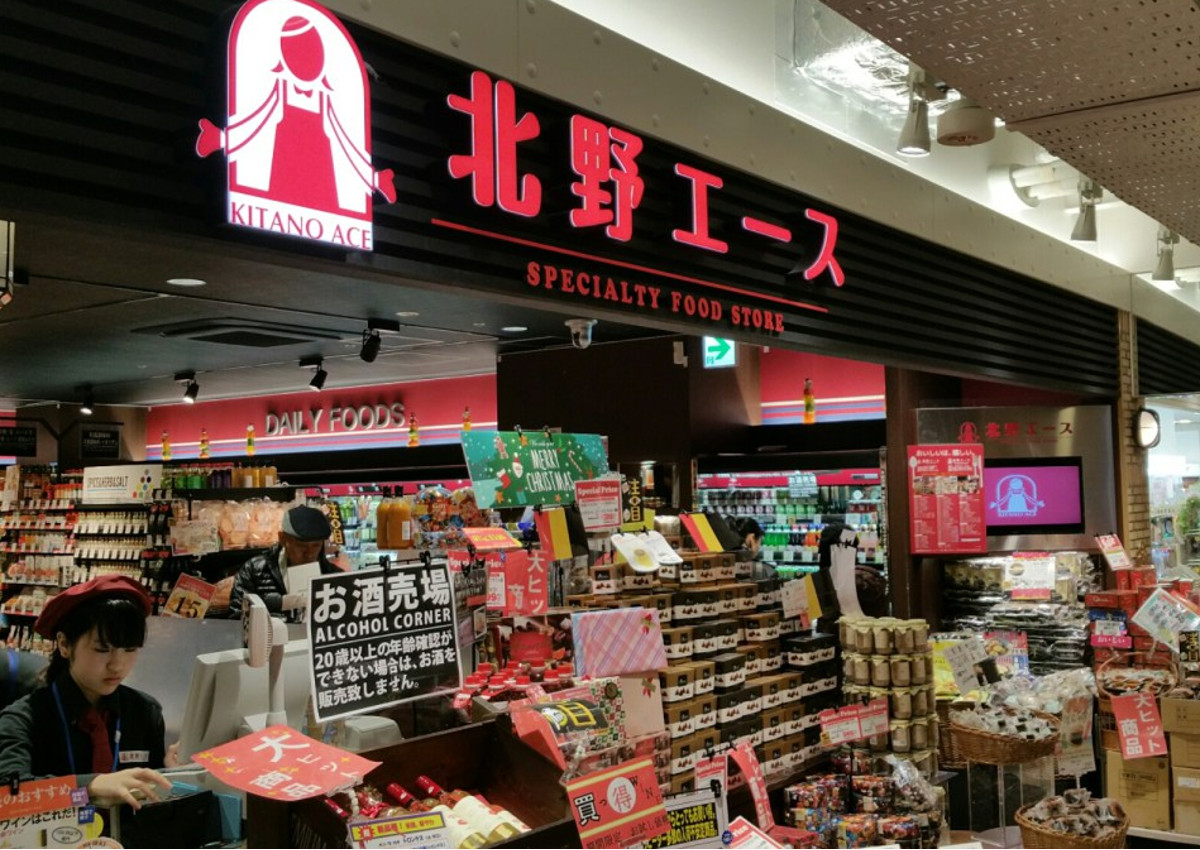
Kitano Ace looks at the originality of the offer
During the last years they have continued to rapidly expand their distribution network, becoming more and more a key player on the Japanese market. Today they in fact have 81 stores that are located in Tokyo’s metropolitan area and in the region of Kansai. Each store is distinct in its vast array of food products offered, allocated next to articles of clothing and various other product categories. Their commercial offerings rotate around the concept of exclusivity and niche marketing, therefore offering many regional and international culinary specialties that are difficult to find in other supermarkets. This idea also expands into the meticulous training that the sales staff goes through so that they can then provide clients with all of the information on the product’s characteristics which makes for a pleasant and efficient shopping experience. Furthermore, the objective to satisfy the specific needs of the local community is also part of their business strategy.
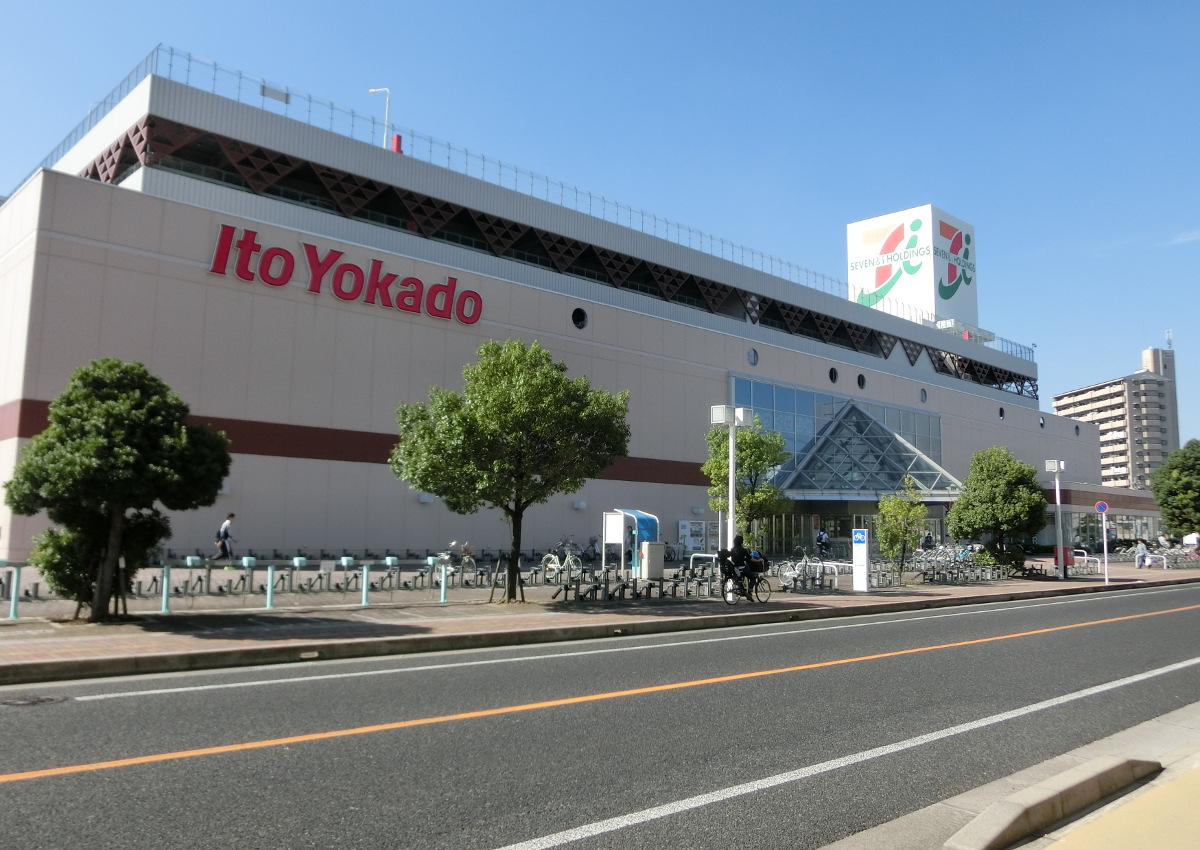
Ito-Yokado, shoppers ask for all-natural
It’s one of the larger supermarket chains in the country and, according to the data, is one of the brands that Japanese consumers trust the most. Since 2005 it is part of the colossal Seven & I Group that also control Seven Eleven, Sogo & Seibu and Akachan Honpo. It has a total of 176 stores with a majority located in Tokyo’s metropolitan area. They sell food, clothing and cosmetics. They heavily rely on their private labels, Seven Premium and Seven Gold within the grocery section. These labels are only available in the group’s stores next to an exclusive product selection developed together with different large national brands. Its approach is completely oriented to guaranteeing food’s freshness along with giving support to their shoppers in choosing healthy food that is devoid of conservatives and artificial colourings, and low in sugar. Condiments are the main imported Italian food products.
